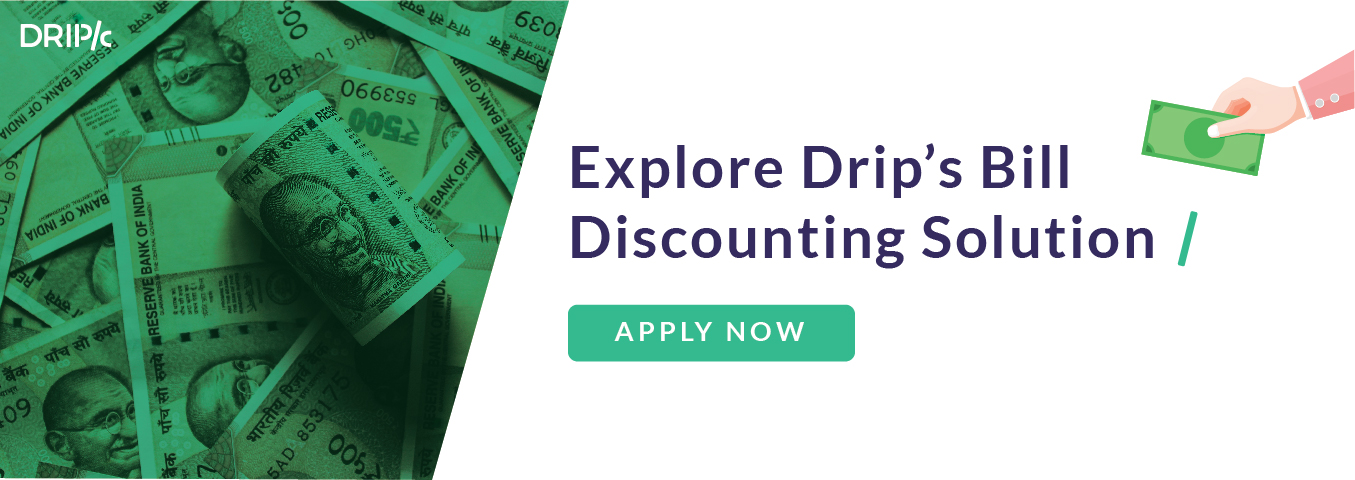Health and safety related controls and regulations were imposed on foreign trade with renewed vigor after the formation of the World Trade Organisation and the passing of the Agreement on Sanitary and Phytosanitary Measures in 1995. Aimed at protecting the interest of consumers, multiple exporters across the world have been affected by the Agreement's strict guidelines. Indian exporters too initially faced difficulties because of multiple inspections, rejections, and recall under the stricter standards mandated by the Agreement. To grant more credibility to Indian products in the foregin markets export health certificates are issued by Export inspection councils.
What is an Export Health Certificate?
An Export Health Certificate (EHC) is a document issued by the government of the country of origin of the export goods. As a health certificate for export, it states that the item is certified as suitable for human consumption and meets such safety standards as required for export trade. In the Indian context, this certification is done by the EIC and the EIAs through mandatory certification as well as through voluntary certification programs.
What products do they cover under EHC?
EHCs are given for items such as:
- Fish and fishery products
- Dairy
- Egg products
- Meat and meat products
- Honey
- Poultry
EIAs certified products:
- Notified products like - basmati rice and black pepper
- Non-notified products such as - coir, tea, auto parts, etc.
Other additives & pre-mixtures:
- Animal casings
- Gelatin
- Crushed bones
Voluntary certification is done in case of other food & non-food products.
Who issues an EHC?
Health certificates add to the credibility of Indian products in the global market. The certification acts as an assurance of the quality and suitability of the exported item. The Export Inspection Council EIC is globally recognized as India’s official certifier, and an EHC from it or an EIA increases the acceptability of the certified product.
The EIC offers health certificate services such as the installation of quality assurance systems in export units, consignment-wise inspection, and installation of a food safety management system when it comes to food processing.
An EHC is more often a compulsory requirement, like in the case of export of fish products. The health certificate for export of food products designed by the EIC and issued by the EIAs is globally recognized for the certification of such exports.
The EHC enables exporters to prove that their products meet the international regulations demanded by the importing country. An EHC issued by EIA officials is as per the required timeline and specifications. E-health certificate is provided by the EIC are available in 25 major global languages, which enables exporters to venture into non-English-speaking countries successfully.
The EIC offers e-health certification service for the following categories:
- Marine products meant for export to the European Union. It is done for EU-approved seafood processing establishments.
- Marine products meant for export to China, Russia, Iran, and non-EU countries. It is done for the EU and non-EU approved seafood processing establishments.
- Animal casings meant for export to the EU and EU-approved processing establishments.
- Exporters sending peanut products to the EU and Malaysia. Exporters for non-GMO certificate issuance.
- Exporters and processors under the voluntary food certification scheme.
Process of applying for an Export Health Certificate
An EHC issued by the EIC will typically capture the relevant information that was disclosed in the export health certificate application form by the exporter. Merchant exporters have to get their one-time registration done through the EIC website.
As and when the exporter or establishment needs an EHC, they should fill an online application using their username and password.
They can also access the e-health certification system using their login credentials and check the status of their application.
An application reference number is generated by the system, which can be used by the exporter or establishment for future reference.
Next, they have to contact the concerned EIA office and submit supporting documents, which includes the invoice, packing list, and test reports, along with the fees. While establishments need to submit it to the nearest EIA office, merchant exporters can submit it in any EIA office.
In case of approved establishments, the facility to avail EHC remains available throughout the validity of the approval.
Once the approval expires, the username and password get disabled automatically and gets activated again once the approval is renewed.

Documents required for EHC:
Report of the goods intended for export
Copy of FSSAI
Insurance Application
Copy of Purchase Order
Bank Reference Details
Test Reports of the product
Copy of agreement/contract between the importer and the exporter
The EHC application includes the following details:
- Certificate reference number
- Competent authority issuing the certificate
- Name and address of the consignee
- Name and address of the consignor
- Country of origin
- Country of destination
- Region and place of origin
- Place of loading
- Date of departure
- Means of transport
- Description of the exported item
- HS code of the item
- Number of packages
- Net weight
- Declaration about the health and fitness of the item
Who can sign a Export Health Certificate?
If an approved establishment wishes to have a health certificate, it has to get a username and password from the appropriate EIA office. A written request is required to be submitted by the head of the establishment on official letterhead. The EIA will accept the written request and liaise with the EIC to allot a username and password. This will be shared with the establishment over an e-mail.
In India, the Export Inspection Council (EIC) and Export Inspection Agencies (EIAs) are responsible for ensuring quality control and inspection of exports, and helping exporters achieve the required international quality standards. Health certification by these bodies is necessary for exports from India – particularly food products – to gain global acceptance and adhere to international quality standards. One such crucial certification is an Export Health Certificate.
Also Read:
- What is a Fumigation Certificate?
- Export General Manifest: Meaning & Format
- REX Certificate | Process flow of how to get a registration in India?
- How to apply for an Export License in India?
- Interest Equalization Scheme | Everything Indian Exporters should know
- What is Advance Authorisation Scheme?
- Deemed Exports | Meaning, Eligibility, and Benefits
- Deemed Exports under GST | Procedure for Refund




